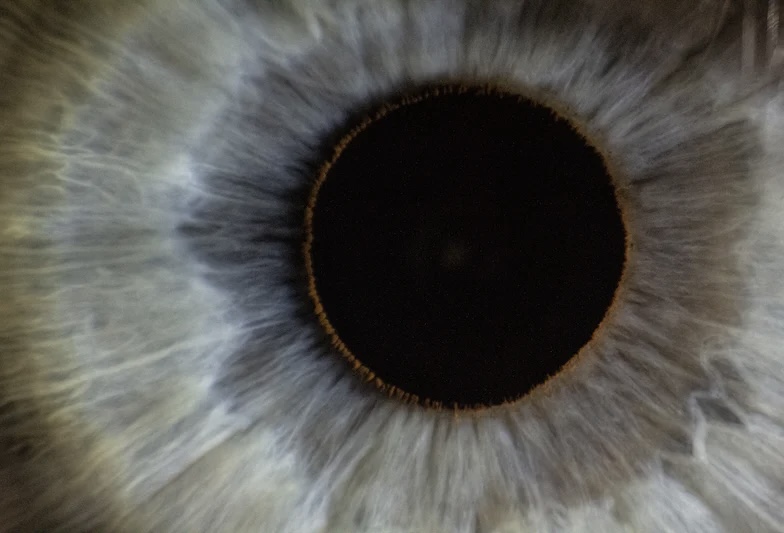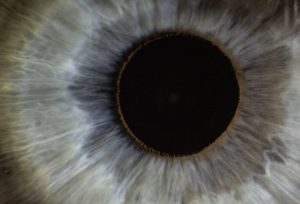
Macular degeneration has several symptoms.
The eyes are a vital part of the body.
Your sense of sight depends on them.
Eye health tends to change as people age.
According to a recent AARP article titled “3 Warning Signs of Macular Degeneration,” these changes can require anything from reading glasses to surgery to correct.

Signs of macular degeneration can be identified in eye exams.
The American Optometric Association recommends individuals over age 60 should have annual eye exams.
Eye exams are essential for identifying eye problems like macular degeneration.
For macular degeneration, eye doctors will examine the eye for drusen.
What are drusen?
Drusen are yellow deposits of proteins and fats.
Although small amounts of drusen are typical with age and do not lead to vision loss, medium or large drusen are associated with macular degeneration.
Making regular appointments with the ophthalmologist allows for earlier detection.
Early detection provides opportunities for treatment.
In some cases, the macular degeneration can be slowed, and vision loss reversed.
Some research indicates taking specific vitamins and minerals like Vitamin C, Vitamin E, Lutein, Zinc, and Zeaxanthin may slow progression in those with intermediate macular degeneration or with the condition in late stages in one eye.
This does not mean you should begin taking as many of these vitamins and minerals as possible.
Supplements known as AREDS2 can be sold in specific units over the counter.
These drugs can slow leakage and reduce the number of abnormal blood vessels.
You should also discuss the best supplements and other treatments with your doctor.
Lifestyle changes like avoiding cigarette smoking, wearing sunglasses, eating a healthy diet, and getting annual eye exams can reduce the risks and consequences of macular degeneration as you age.
Reference: AARP (Oct. 27, 2022) “3 Warning Signs of Macular Degeneration”
REMEMBER: “The choice of a lawyer is an important decision and should not be based solely upon advertisements.”
This statement is required by rule of the Supreme Court of Missouri.
